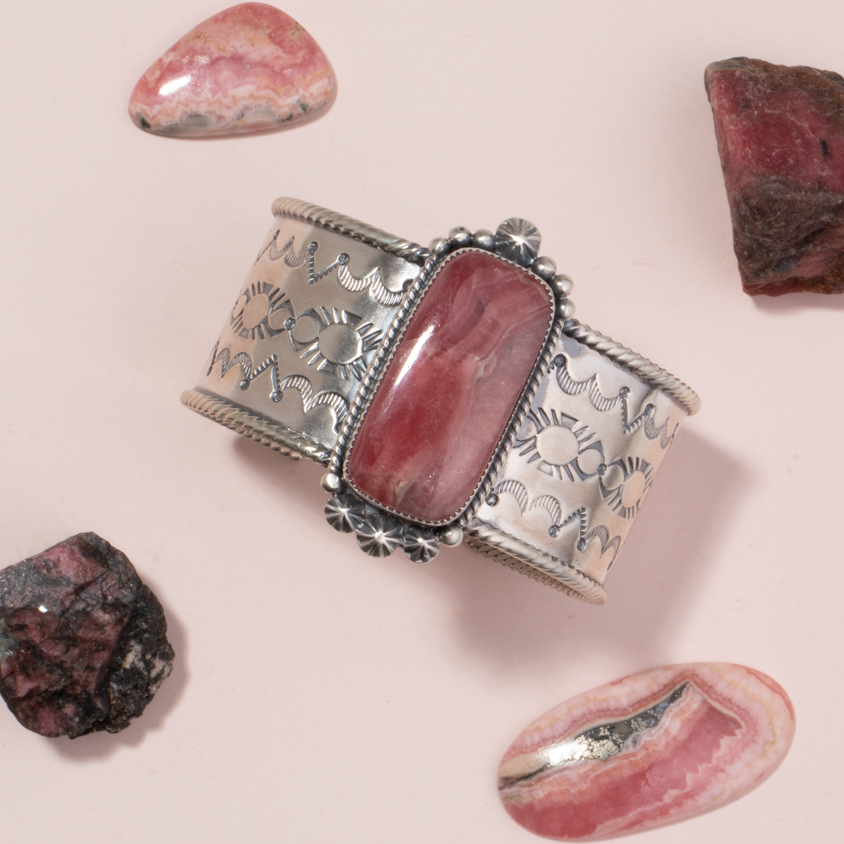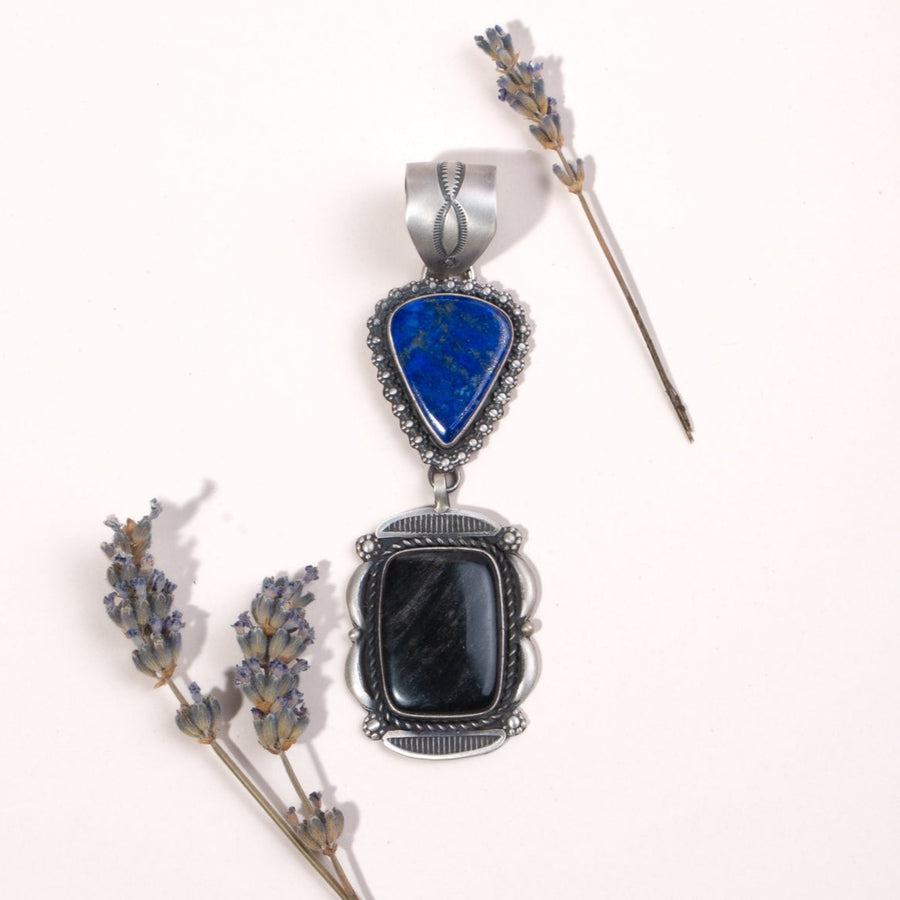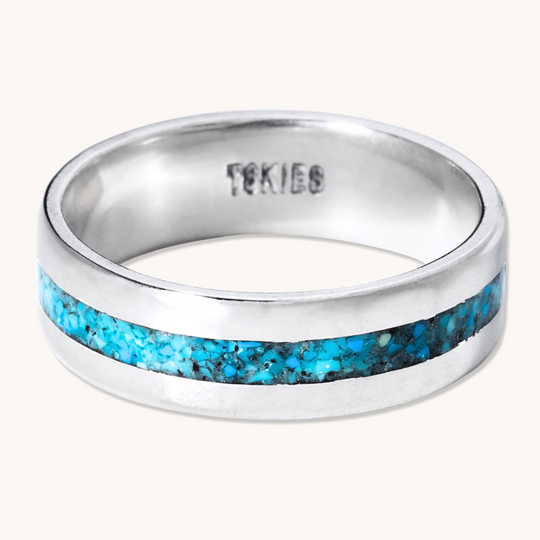The town of Shakespeare

It’s a town whose history reads like one of Old Will’s plays. Shakespeare, New Mexico hosted a cast of characters who fit right into the legends of the Wild West. Outlaws and miners both sought their fortunes within its boundaries. And though today it’s far quieter than in the past, Shakespeare still holds a place in the myth and lore of the West.
It began as a relay station for the Army mail carriers. Back then it was called Mexican Springs. Time passed and the country went to war with itself. After the conflict ended, survivors began to pass through the forgotten town again. They renamed it Grant, after Gen. Ulysses S. Grant. When it seemed like the town would fade into memory again, it was saved by a discovery: silver. The intrepid miners renamed the town Ralston this time, after William Ralston, the man who financed their mining operations. Sadly, the silver faded away and the town began to do the same.

Ralston tried to boost his namesake through a clever ploy. Word got out about a discovery of diamonds in Ralston, bringing speculators back to the area. Soon the place was booming again. The ploy didn’t last, however, as it turned out the diamonds had been discovered near one of Ralston’s other properties nearly seven hundred miles away in Rawlins, Wyoming. And even that turned out to be a hoax. Seems a couple of con men had “salted” the area with diamonds they brought in themselves.
The next man to set his sights on making the town boom was William G. Boyle,

an English mining engineer. In 1879, Boyle gained the rights to the old silver claims and renamed the town Shakespeare. For a while, the mines seemed to keep up with the miners’ vision for the place. Mining continued in Shakespeare until 1929, ending with the arrival of the Great Depression.
Shakespeare’s mines may have come to an end, but its stories didn’t. It’s said that Billy the Kid washed dishes at one of the establishments in Shakespeare. Two cattle thieves were hanged in another establishment, mainly for what the townsfolk called being a nuisance. There was little law in Shakespeare, but there were a few rules. One in particular warned that those who killed someone in town were required to dig the grave.
Purchased by the Hill family in 1935, today Shakespeare is on the National Registry of Historic Places. Still owned by the family, the town is open to the public one weekend a month. To find out more about visiting Shakespeare, visit www.shakespeareghosttown.com.

























